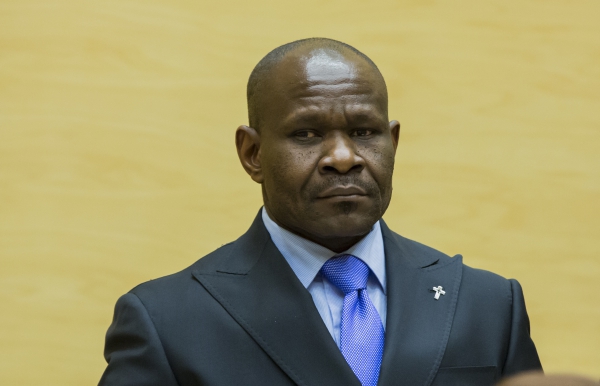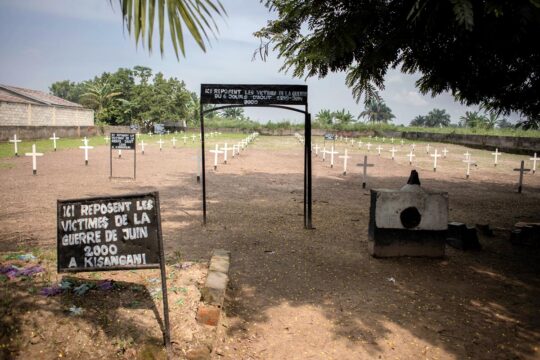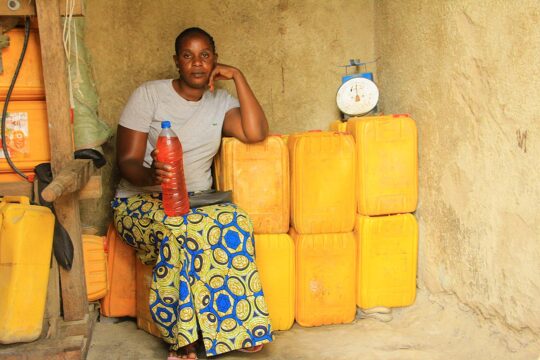Judges of the International Criminal Court (ICC) on December 16 rejected a reparations request from Mathieu Ngudjolo, an alleged militia leader who spent nearly five years in ICC detention but was acquitted of crimes in the eastern Democratic Republic of Congo (DRC) that the Prosecutor had imputed to him.
Ngudjolo was accused of crimes against humanity and war crimes linked to a February 24, 2003 attack on the village of Bogoro in eastern DRC. He was acquitted at the end of the trial and released on December 21, 2012. A nurse by profession, Ngudjolo claimed he was helping to deliver a baby in a nearby village the day the attack was perpetrated. This alibi was deemed credible by the judges.
Ngudjolo asked for 906,346 Euros in reparations from the Court for “material and moral damage” suffered. He also asked the ICC to conduct a sensitization campaign in Bedu Ezekere, DRC, to explain his acquittal. The ex-militiaman from Bedu Ezekere left The Hague for Kinshasa on May 11, 2015, after his request for asylum in the Netherlands was rejected. He and his lawyer have complained several times since his acquittal, which was confirmed on appeal on February 27, 2015, that some NGOs are still questioning the decision to acquit him.
In support of his reparations request, Ngudjolo said he was detained illegally and was victim of a judicial error. But the judges deemed his detention was not illegal, as it was based on a “well motivated decision”. Ngudjolo also claimed that the Office of the Prosecutor did not look into extenuating evidence, as is its obligation. The judges said this was not relevant. “A clear and serious judicial error (…) is one which is certain and incontestable (…), for example an erroneous decision of the Court or abusive judicial procedures by the Prosecutor”. The judges said such error must be shown to have “caused a clear violation of fundamental rights” and “serious prejudice”.
This is the first time the ICC has handed down a decision on such a request. Cases against several ICC suspects have been dismissed, but none has previously demanded reparations. The ICC is the first international jurisdiction that provides for reparations in the case of a judicial error. The judges stressed, however, that they have discretionary power in such cases.





